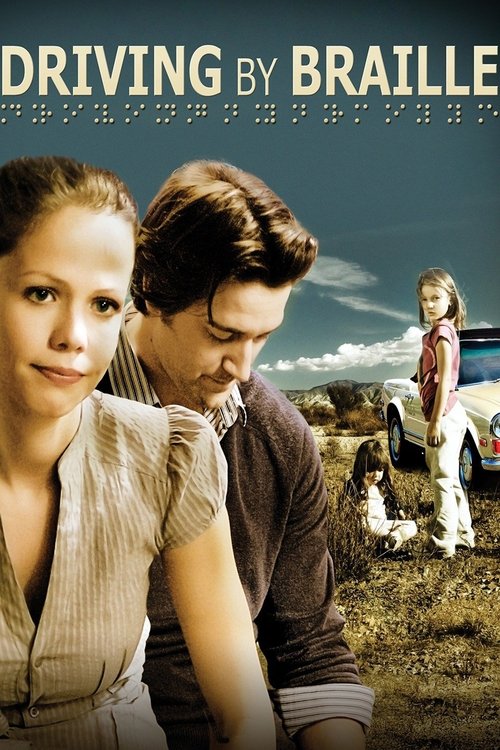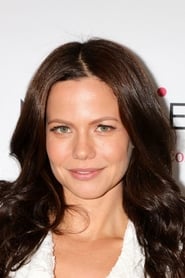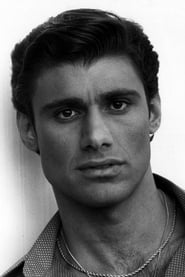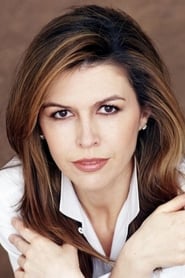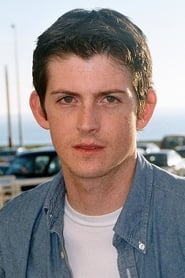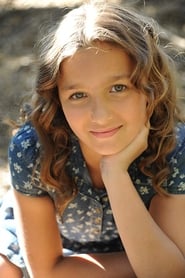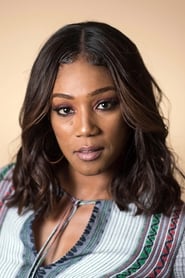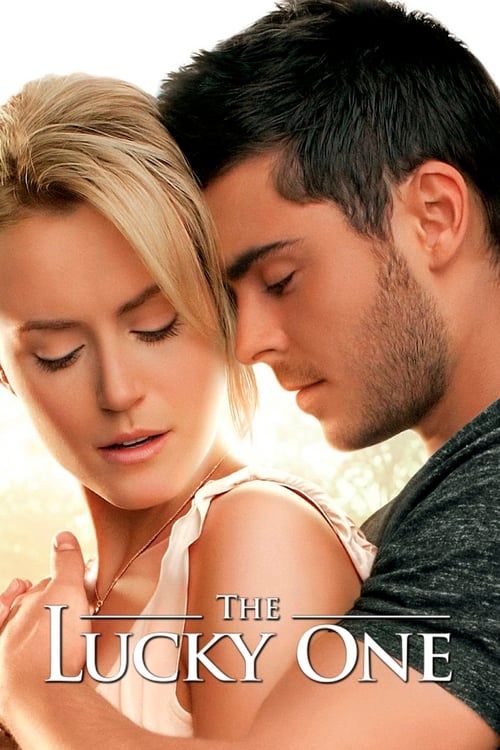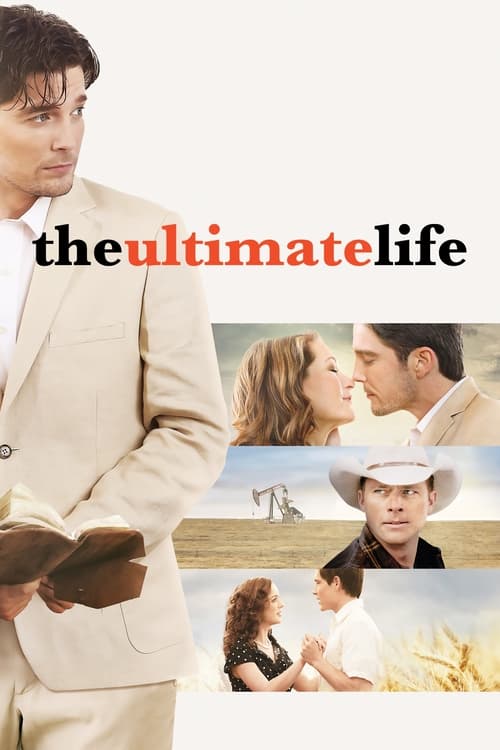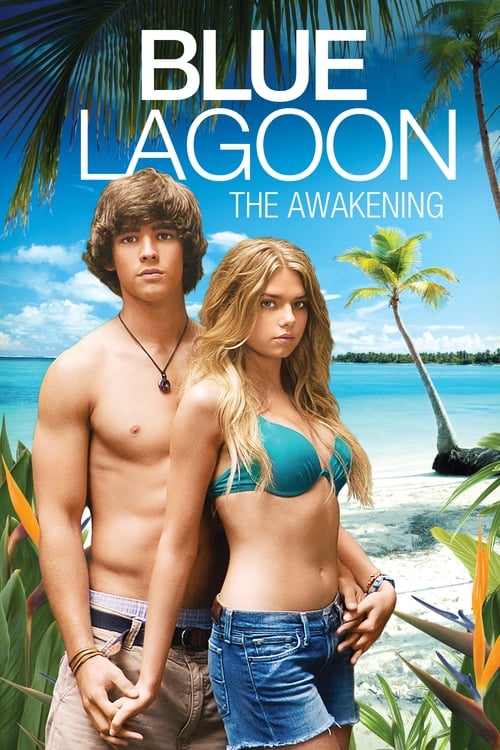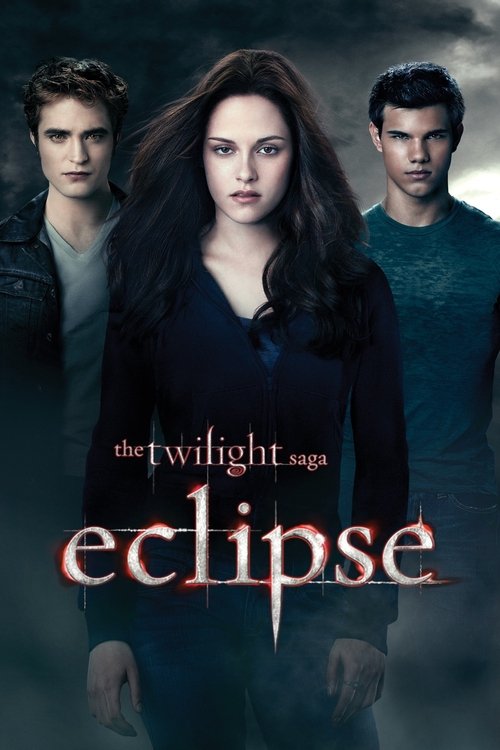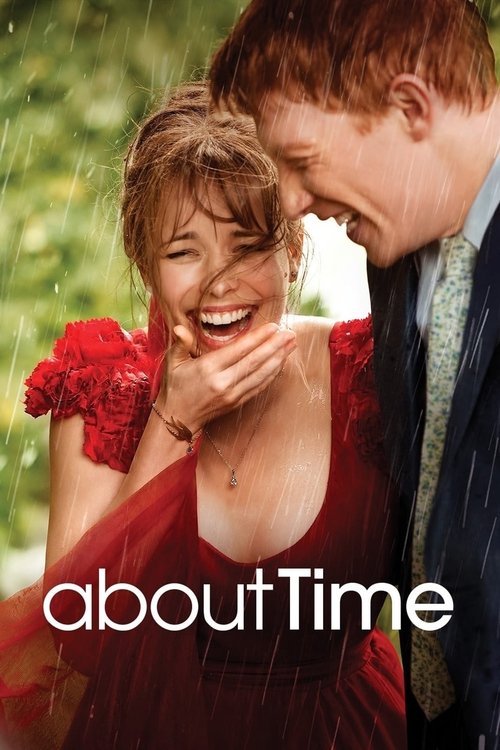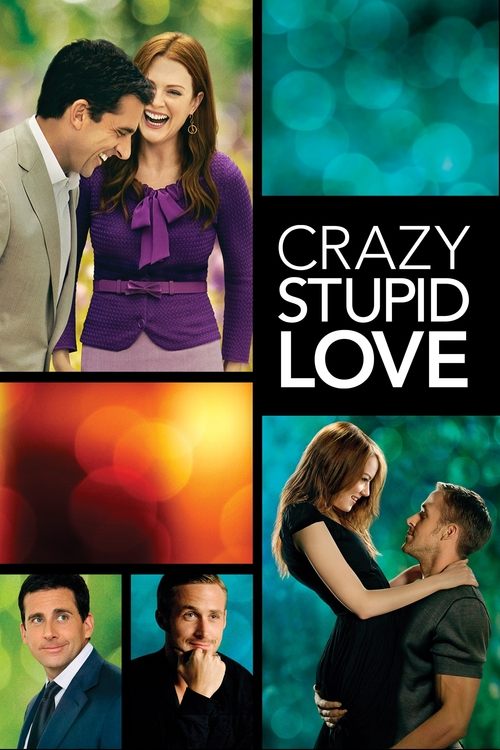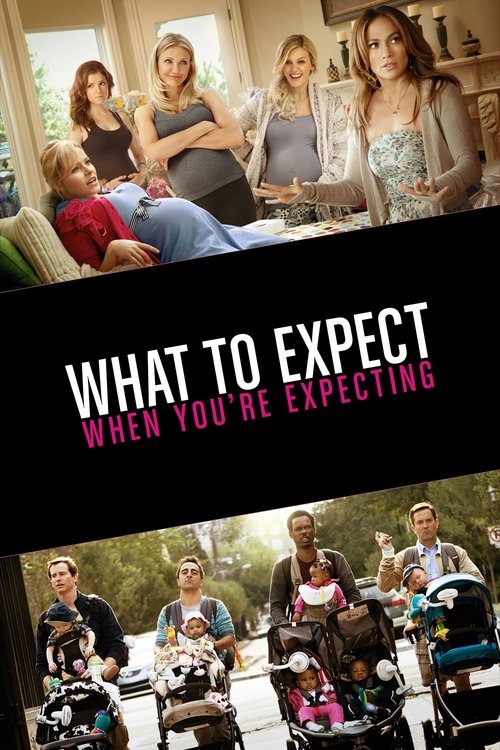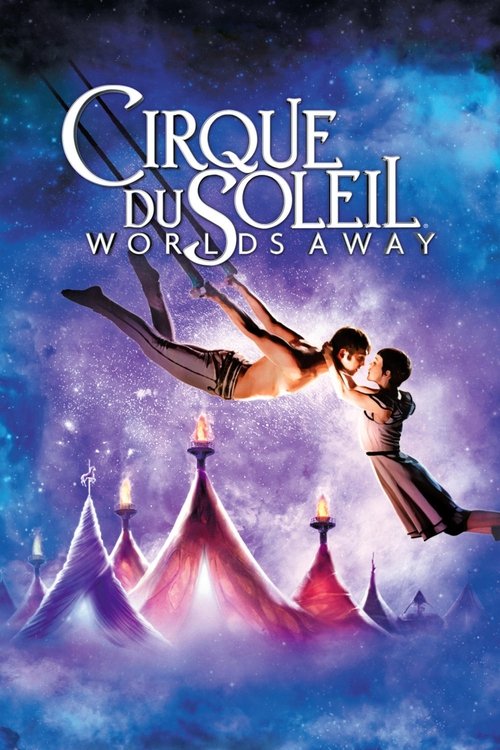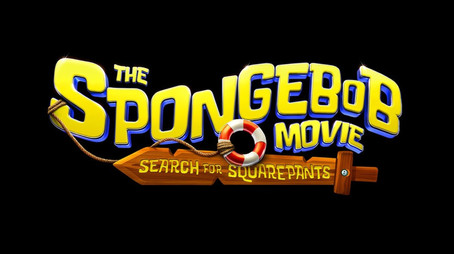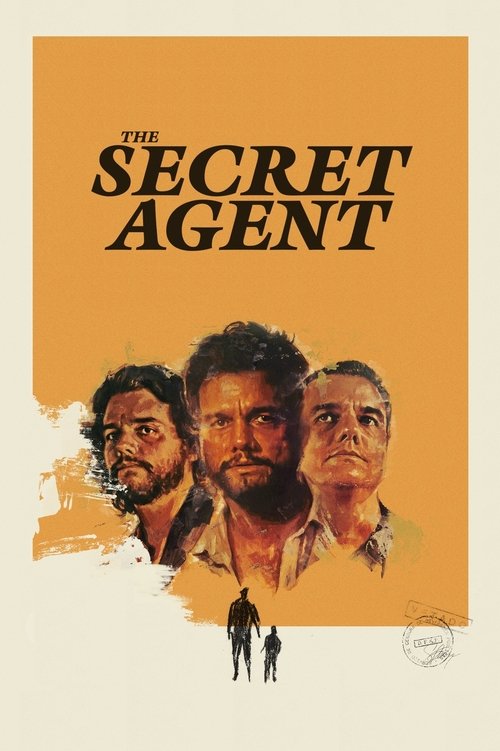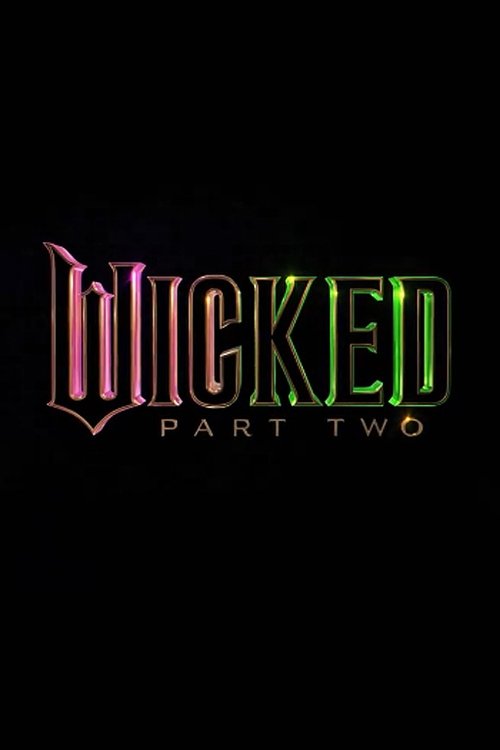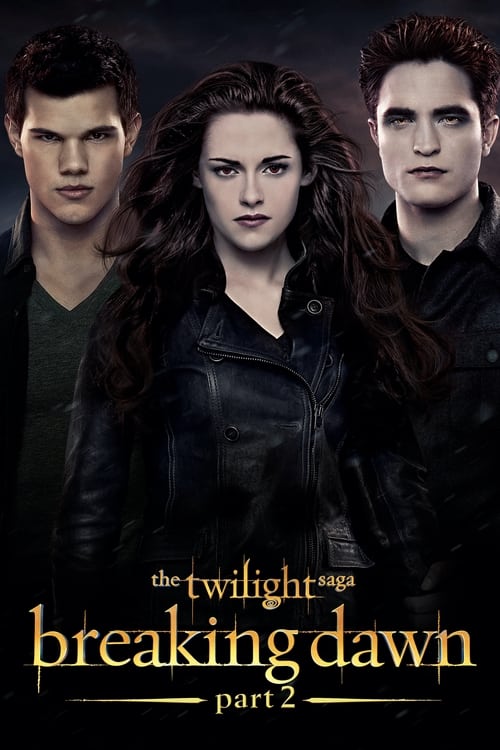
Ask Your Own Question
What is the plot?
Sarah Corso sits on the edge of her bed in her sunlit Los Angeles apartment, the morning light catching the dust motes in the air. She's twenty-eight, a freelance graphic designer with a quiet life and a steady boyfriend, Xander West, who's been her anchor for the past three years. The city hums outside, but inside, everything feels calm, predictable. She smiles at the coffee stain on her favorite mug, the one Xander bought her for her birthday last year. "You're the only thing I need," she says to herself, half-joking, half-serious.
Xander arrives later that morning, his motorcycle helmet tucked under his arm, his dark hair tousled from the ride. He's thirty, a musician with a restless energy that Sarah both admires and envies. "Ready for brunch?" he asks, kissing her lightly on the forehead. Sarah nods, slipping into her shoes, but as she grabs her purse, she notices something different in Xander's eyes--a softness, a hesitation. He's been quieter lately, thoughtful in a way that makes her wonder.
They drive through the winding streets of Silver Lake, the hills dotted with palm trees and the occasional mural. The air is warm, the sky a perfect blue. At the café, Xander orders for both of them, something he's always done, but today, he fidgets with his napkin, his fingers tracing the edge. "Sarah," he says, his voice low, "I've been thinking… about us." Sarah's stomach tightens. She knows that tone. It's the one he uses before he says something important.
"I love you," Xander continues, "and I want to spend my life with you." He reaches into his pocket, pulls out a small velvet box. Sarah's breath catches. The world slows. The café noise fades. She stares at the box, her mind racing. "I want to marry you," Xander says, opening the box to reveal a simple silver ring.
Sarah doesn't answer. She can't. Her hands tremble. The ring glints in the sunlight, but all she sees is her mother's face, her father's voice, the memory of a childhood she's tried to bury. "I… I need to think," she whispers, pushing her chair back. Xander's face falls, but he nods, understanding in his eyes. "Take your time," he says, closing the box.
Sarah walks home, the city blurring around her. She remembers the day her mother left, the way her father screamed, the sound of breaking glass. She was ten, hiding in her closet, clutching her stuffed rabbit. "I can't do this," she mutters, tears streaming down her face. "I can't be like her."
That night, Sarah sits alone in her apartment, the ring box on the coffee table. She picks it up, opens it, stares at the ring. "I love him," she says aloud, "but I'm scared." She thinks of her mother, who loved her father until the day she left, until the day she disappeared. "I don't want to end up like her," Sarah whispers, closing the box.
The next morning, Sarah calls Xander. "I need to talk," she says. They meet at the park, the same park where they had their first date. The air is cool, the trees rustling in the breeze. "I can't marry you," Sarah says, her voice breaking. "I'm not ready. I'm scared of what it means."
Xander listens, his face unreadable. "Why?" he asks. "Why are you scared?"
Sarah hesitates. "My parents… my mom left my dad. She said she loved him, but she left anyway. I don't want to be like her. I don't want to hurt you."
Xander takes her hand. "You're not your mom," he says. "You're Sarah. And I love you, not because of what you might do, but because of who you are."
Sarah nods, but the fear lingers. She starts to withdraw, spending more time alone, avoiding Xander's calls. She throws herself into her work, designing logos for clients she doesn't care about. But the ring box stays on her coffee table, a constant reminder of what she's running from.
One afternoon, Sarah receives a call from her estranged mother, Evelyn Corso. "I need to see you," Evelyn says, her voice shaky. Sarah hesitates, but curiosity wins. They meet at a diner on Sunset Boulevard, the same diner where Sarah used to go with her father. Evelyn looks older, her hair streaked with gray, her eyes tired. "I'm sorry," Evelyn says, tears in her eyes. "I'm sorry I left. I was scared too."
Sarah stares at her mother, the woman who abandoned her, the woman she's hated for years. "Why now?" Sarah asks.
Evelyn sighs. "I've been thinking about you. About your father. I realized I made a mistake. I was so afraid of being trapped, of being like my own mother, that I ran. But I missed you. I missed him."
Sarah feels a mix of anger and sadness. "You left me," she says, her voice trembling. "You left us."
Evelyn nods. "I know. And I'll never forgive myself for that. But I want to make it right. I want to be a part of your life again."
Sarah doesn't know what to say. She leaves the diner, her mind racing. She thinks of Xander, of the ring, of her mother's words. "I'm not trapped," she whispers. "I'm not my mother."
That night, Sarah calls Xander. "I need to see you," she says. They meet at her apartment, the ring box on the coffee table. "I've been thinking," Sarah says. "I'm scared. I'm scared of being like my mother. I'm scared of hurting you. But I love you. And I don't want to run."
Xander takes her hand. "You don't have to run," he says. "We can figure this out together."
Sarah nods, tears in her eyes. "I want to try," she says. "I want to be with you."
Xander smiles, opening the ring box. "Then say yes," he says.
Sarah takes a deep breath. "Yes," she whispers.
They embrace, the ring on her finger, the fear still there but not as strong. Sarah knows it won't be easy, that there will be moments when she doubts, when she remembers her mother, when she feels trapped. But she also knows she's not alone. She has Xander, and she has herself.
The film ends with Sarah and Xander walking through the park, the same park where they had their first date. The sun is setting, the sky painted with orange and pink. Sarah looks at her ring, then at Xander. "I love you," she says.
Xander smiles. "I love you too."
They walk on, the city humming around them, the future uncertain but full of possibility. Sarah knows she's not her mother. She's Sarah Corso, and she's ready to face whatever comes next.
There are no deaths in the film. The only confrontation is between Sarah and her mother, which ends with reconciliation. The major revelation is that Sarah's fear of marriage stems from her mother's abandonment, and the twist is that her mother returns, seeking forgiveness. The resolution is Sarah's decision to accept Xander's proposal, choosing love over fear.
More Movies Like This
Browse All Movies →What is the ending?
In the ending of "Driving by Braille," the main character, a young woman named Sarah, confronts her fears and insecurities as she prepares to drive for the first time. With the support of her friends, she takes a leap of faith, symbolizing her growth and newfound confidence. The film concludes with a sense of hope and empowerment as Sarah embraces her journey ahead.
As the final act unfolds, we find Sarah standing outside her apartment, her heart racing with a mix of anxiety and determination. The sun is setting, casting a warm glow over the city, and she takes a deep breath, feeling the weight of her past struggles. Her friends, including her supportive best friend, gather around her, offering encouragement and reassurance. They remind her of how far she has come, and their presence serves as a comforting reminder that she is not alone in this journey.
The scene shifts to a nearby parking lot, where Sarah's friends have arranged for her to practice driving. The car is parked, and she hesitantly approaches it, her hands trembling slightly. As she gets into the driver's seat, she can feel the tension in the air, but her friends cheer her on from outside, their voices filled with excitement and belief in her abilities. Sarah grips the steering wheel, her knuckles white, as she recalls the lessons she has learned about facing her fears.
With a deep breath, she starts the engine, the sound reverberating in her chest. The initial jolt of the car moving forward sends a rush of adrenaline through her. Her friends shout words of encouragement, and she can see their smiles through the rearview mirror. As she navigates the parking lot, her confidence begins to build. She makes small turns, her movements becoming more fluid as she gains control over the vehicle.
However, a moment of panic strikes when she misjudges a turn and nearly hits a cone. Her heart races, and doubt creeps in, but she remembers the support of her friends and the progress she has made. Taking a moment to breathe, she regains her composure and continues to drive, this time with more focus and determination. The scene captures her internal struggle, showcasing her vulnerability but also her resilience.
As she completes a few laps around the parking lot, her friends erupt in cheers, celebrating her achievements. Sarah's face lights up with a mixture of joy and disbelief. She realizes that she has not only conquered her fear of driving but has also taken a significant step towards embracing her independence. The camera lingers on her expression, highlighting the transformation she has undergone throughout the film.
In the final moments, Sarah parks the car and steps out, her friends rushing to her side. They embrace her, and the atmosphere is filled with laughter and celebration. The film closes with a shot of Sarah looking out at the horizon, a newfound sense of hope and possibility in her eyes. She understands that while challenges may still lie ahead, she is now equipped to face them head-on, surrounded by the love and support of her friends.
The fates of the main characters are intertwined in this moment of triumph. Sarah emerges as a symbol of growth and empowerment, having faced her fears and taken control of her life. Her friends, who have been her pillars of support, share in her victory, reinforcing the theme of friendship and community. Together, they embody the message that with courage and support, one can overcome obstacles and embrace the journey of life.
Is there a post-credit scene?
In the movie "Driving by Braille," there is no post-credit scene. The film concludes without any additional scenes or content after the credits roll. The story wraps up with the main characters having gone through significant emotional journeys, and the ending provides a sense of closure to their arcs without the need for further scenes. The focus remains on the resolution of their relationships and personal growth throughout the film.
What are the key moments that lead to the protagonist's self-discovery?
Key moments include his interactions with the blind man, which challenge his perceptions, and pivotal conversations with his girlfriend that force him to confront his fears. These experiences culminate in a realization of his need for vulnerability and connection.
What is the significance of the character of the blind man in the story?
The blind man serves as a catalyst for the protagonist's journey, representing the challenges of communication and understanding in relationships. His presence forces the main character to confront his own emotional barriers and the complexities of love.
How does the protagonist's relationship with his girlfriend evolve throughout the film?
The protagonist's relationship with his girlfriend is marked by tension and miscommunication. Initially, he struggles to connect with her emotionally, but as he faces his own vulnerabilities, their bond deepens, leading to moments of intimacy and understanding.
What role does the protagonist's family play in his development?
The protagonist's family serves as a reflection of his internal struggles. Their expectations and past experiences shape his fears and insecurities, pushing him to confront his own identity and the choices he makes in his relationships.
How does the theme of driving relate to the protagonist's journey?
Driving symbolizes control and freedom for the protagonist. As he learns to navigate his emotions and relationships, the act of driving becomes a metaphor for his personal growth and the journey towards self-acceptance.
Is this family friendly?
"Driving by Braille," produced in 2011, is a film that explores themes of loss, grief, and the complexities of relationships. While it has moments of humor and warmth, it also contains elements that may not be suitable for children or sensitive viewers.
Potentially objectionable or upsetting aspects include:
-
Themes of Grief and Loss: The film deals with the emotional aftermath of a tragic event, which may be heavy for younger audiences.
-
Depictions of Alcohol Use: Characters are shown drinking, which may not be appropriate for children and could be concerning for sensitive viewers.
-
Emotional Turmoil: There are scenes that depict intense emotional struggles, including arguments and moments of despair, which may be distressing.
-
Mature Language: The dialogue includes some strong language that may not be suitable for younger viewers.
-
Complex Relationships: The film explores complicated adult relationships, including romantic tensions and personal conflicts, which may be difficult for children to understand.
Overall, while "Driving by Braille" has heartfelt moments, its exploration of serious themes and mature content may make it less suitable for a family-friendly viewing experience.

